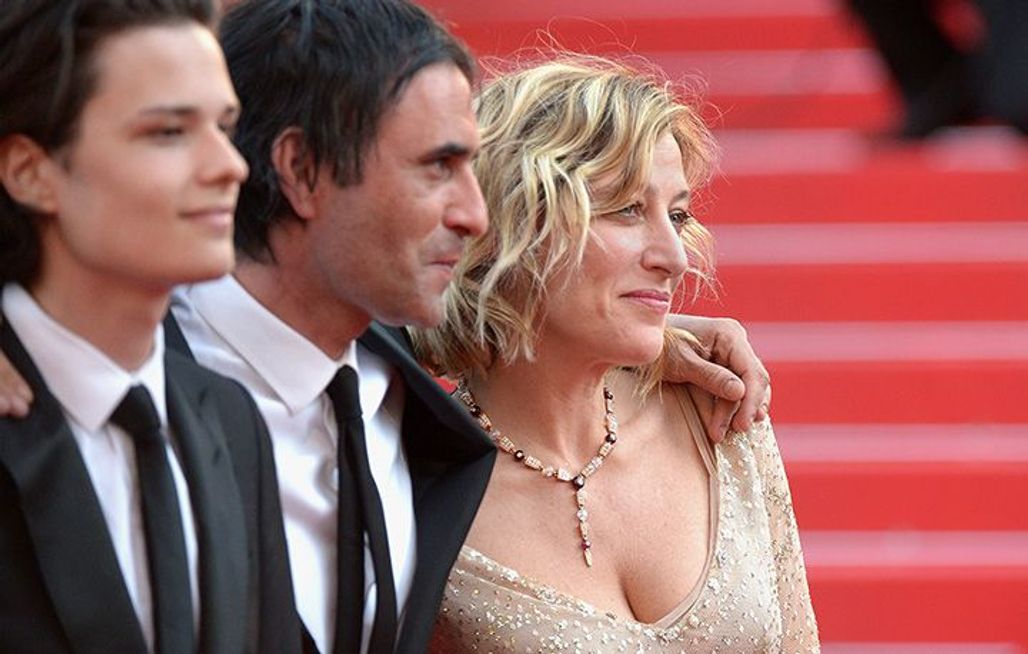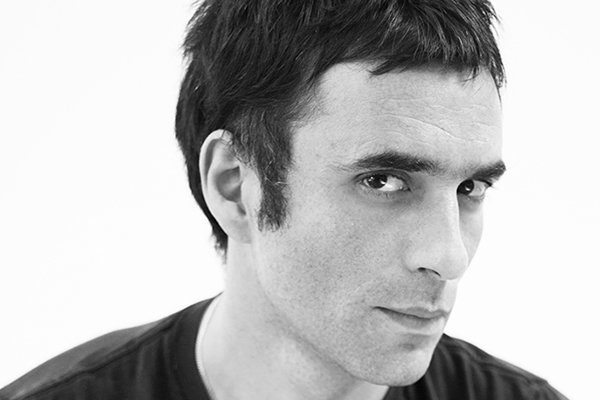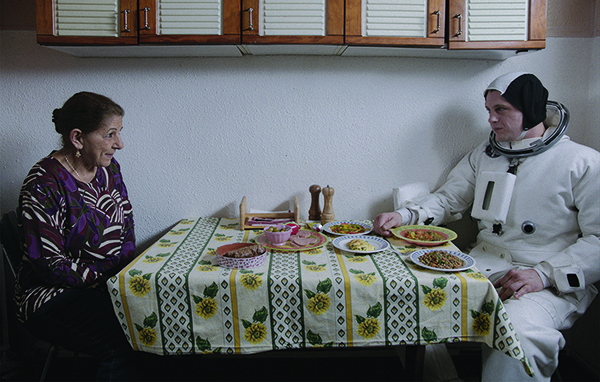
SPECIAL SCREENING – Samuel Benchetrit: “There was a moment of grace between Isabelle Huppert and Jules”

The Asphalt Chronicles (Les Chroniques de l’Asphalte) are the daily life of Charly, a Parisian teenager, in five books. Line after line, a city is sketched out, with its blocks and its inhabitants. Between the lines lies Samuel Benchetrit‘s adolescence, taking shape. Ten years after the first volume was published, the writer and director is immersed in childhood memories once again, with Asphalte. Interview.
Samuel Benchetrit © RR
What incited you to make a film adaptation?
It’s a vague interpretation. I actually used very small things from the book. Above all, I wanted to tell the story of a council estate in another way, as the book does. These days we talk a lot about council estates in violent terms. I simply wanted to go back there.
Your books talk about your council estate in the 1980s. What resonance can your stories have today?
I find it interesting to see how it was 25 years ago to try and understand what’s happening now. Social housing estates bear the traces of the 1980s. I filmed in this estate which was built in the 1970s and was destroyed after filming.
The curse is solitude. It’s a question of abandoning, we’re abandoned at birth. What makes me sad is that you never hear of the solidarity I experienced in those areas. People mix and talk to one another. Today, I live in a Parisian building and I’ll never experience that again.
I also like this story in the film: there’s a noise going around, a little sound all the characters hear. You realise it’s a door slamming, but everyone makes up their own little myth. And urban myths can only emerge from abandoned places. People still believe in ghosts in those areas. Or at least, that’s the impression I have.
Film still © RR
Is this estate similar to the environment where you lived, or have you invented something completely different?
It’s not like the estate where I lived. In my case, it was made up of a system of low-rise buildings, it was much bigger. Filming in real estates I’d located was very difficult, as there are people living there. I was looking for an abandoned building because I couldn’t afford to film in a studio. I wanted to be inspired by eastern skies, not too far north or south. I had to get used to the building, because I was too influenced by the corridors and staircases of my childhood.
Your son, Jules, plays Charly in the film. How was working with him?
It was pretty simple. At first, I didn’t want to give him the role because I was scared and I wanted to cut him some slack. Actually, he was wonderful, and he knows my work. He’s at an age which really interests me, adolescence, which has slipped away from me. I want it to slip away nicely. Most importantly, there was a moment of grace between Isabelle Huppert and Jules. They’re constantly together in the film and something really happened between them which doesn’t belong to me at all. They worked a lot, he went off to work with her and I directed them together. I understood that Jules is an actor; he understood his character very quickly.
Interview by Tarik Khaldi
SCREENING
Sunday 17 May / Soixantième Theatre / 7.15pm
>> Access the interactive schedule




